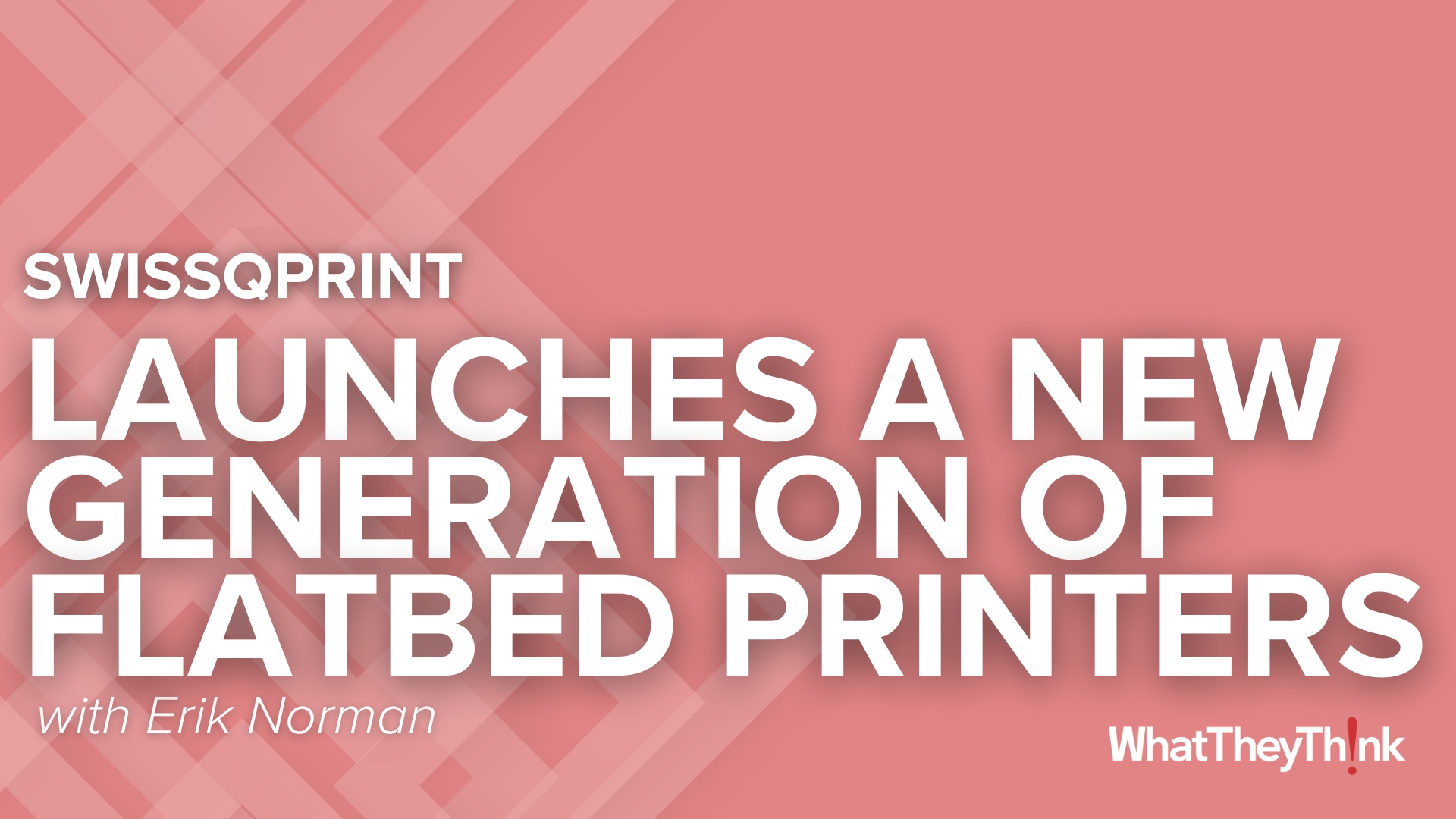HP Focus on Patents Yields Results, Makes Top 10 in U.S. Patents Awarded
Press release from the issuing company
PALO ALTO, Calif.--Jan. 13, 2003--HP today announced that its three-year focus on "Invent" continued to yield results in 2002: it recorded a 40 percent increase in worldwide patent applications during the fiscal year and, for the first time, broke into the top 10 list of companies awarded U.S. patents.
"While last year's merger with Compaq contributed to the results, there's no question that our more aggressive intellectual property policy is continuing to pay off," said Steve Fox, HP vice president and deputy general counsel for intellectual property.
The 1,385 U.S. patents issued to HP in 2002 made it No. 9 on the list of top companies receiving patents from the U.S. Patent and Trademark Office and represented an increase of more than 40 percent over the previous year, said Fox. About a quarter of the total came from Compaq, which merged with HP in May 2002.
HP filed more than 7,000 patent applications worldwide in fiscal 2002, about half in the United States. That also represents a 40 percent increase over the 5,000 filed in fiscal 2001. Because of the time it takes patent applications to be granted, these inventions are expected to join HP's current portfolio of about 17,000 worldwide patents in the next two to three years.
"The trend is clear," Fox said. "Since December 1999, when HP launched its 'Invent' campaign, the number of worldwide applications has more than doubled."
In the past three years, HP has held numerous special workshops to educate engineers, programmers and others on the value of intellectual property. Strategic technologies are identified and potential contributors are invited to sessions that last from a half-day to several days.
"We want to harvest the best ideas," Fox said. "We go from structured training to brainstorming and we ask attendees to write down whatever suggested ideas they have even before they leave the meeting."
These preliminary ideas -- called "disclosures" -- are then reviewed by a select group of experts, including technical professionals, marketing specialists and intellectual property attorneys. A small fee is paid to the inventor for each disclosure. If the group decides that the idea is worth patenting, the inventor earns an additional award.
© 2025 WhatTheyThink. All Rights Reserved.













